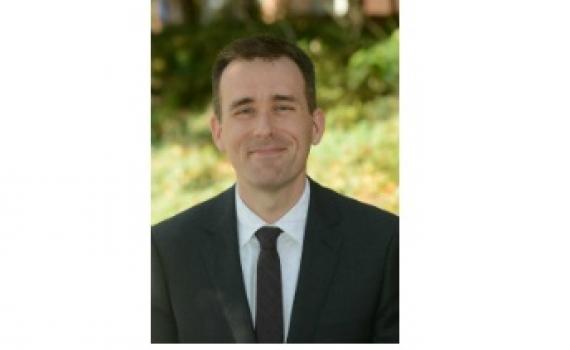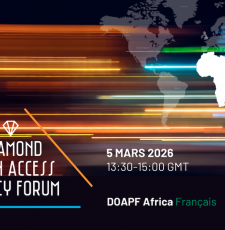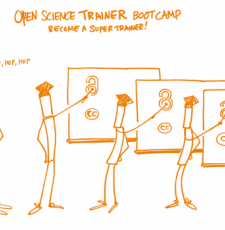
More than 40 countries with over one-third of the world’s population have a general, flexible exception in their copyright law. These countries are in all regions of the world and at all levels of development. This flexible exception typically exists alongside a set of specific exceptions that permit certain uses of copyrighted material. The virtue of a flexible exception, also known as an open norm, is that the law can accommodate new uses of copyrighted works in a time of rapid technological change.
The two prevailing approaches to flexible exceptions both have their roots in the common law legal tradition. ‘Fair dealing’ originated in England and is now incorporated into copyright laws of many former British colonies, while ‘fair use’ was codified in the US Copyright Act of 1976.
Over the last century, fair dealing in many countries has evolved and countries such as Taiwan and Korea, that have a civil (Roman) law tradition, have adopted fair use. In continental Europe, where the civil law system prevails, copyright scholars have argued that while fair use is often regarded as an oxymoron in the classic author’s rights tradition, the notion of introducing a degree of flexibility into the European copyright system is gradually taking shape.
As academics, policy makers and librarians grapple with making copyright work in the digital age, the search for flexibilities is firmly on the agenda.
What will the webinar cover?
The webinar will discuss fair use, open norms and the blurred lines between common law and civil law legal traditions. It will examine the benefits of fair use, with reference to US case law. Then it will discuss commonly held objections to the more widespread introduction of open norms in other countries, such as too much legal uncertainty or a lot of expensive litigation.
Participants are encouraged to send questions in advance and to share their views.
The guest speaker is (wcl.american.edu/faculty/butler) Professor Brandon Butler, Practitioner in Residence, Intellectual Property Law Clinic at the American University Washington College of Law (WCL). Before joining WCL, Prof Butler was the Director of Public Policy Initiatives at the Association of Research Libraries (ARL), where he worked on the ARL Code of Best Practices in Fair Use for Academic and Research Libraries (2012).
The webinar is based on a forthcoming EIFL guest blog by Prof Butler.
Recommended reading:
EIFL Draft Law on Copyright p. 40 Article 17C Fair dealing
The Fair Use/Fair Dealing Handbook
Fair Use in Europe: In Search of Flexibilities
Registration information
Date: Wednesday, 28 October 2015
Time: 1pm UTC (9am Washington DC / 1pm Dublin / 1pm Dakar / 2pm Warsaw / 7pm Bishkek). Check the time in your country by going here and comparing UTC to your time with your city/country time. The session will last for one hour, including time for questions.
Tip: European summer time ends on 25 October 2015, please check the start time carefully in your country.
Who may participate
The session is open to librarians in any country. If the webinar is oversubscribed, preference will be given to librarians in EIFL-partner countries.
How to register
Please email teresa.hackett [at] eifl.net with the following details:
Your name:
Your job title:
Your institution:
Your country:
Is your institution a member of an EIFL partner consortium?
How the webinar works
We will use Instant Presenter to connect. All you need is a computer with a browser and internet access. To check that your browser will successfully access the session, please go to instantpresenter.
SHARE / PRINT









